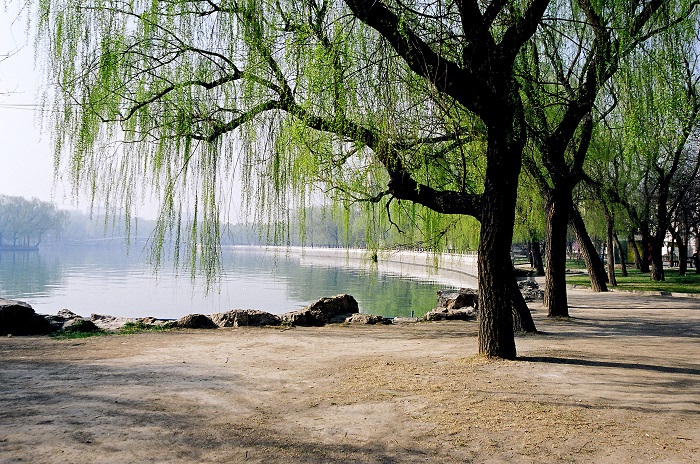Translated By Justine Tsui
Gratitude is a virtuous way of life based on wisdom gathered through lived experience. Every person, whatever their background, should have a thankful mind. What, then, does gratitude exactly mean?
The meaning of gratitude
Gratitude is a source of happiness
With a thankful mind, we may better appreciate the wonders of nature. This appreciation stems from our love of and hope in life. All beings are dependent on nature, since no one can live without air, water or sunlight. This is a simple fact.
Secondly, we live in a diversified society, and our relationships with nature, with other human beings and the community itself all have major bearings on our wellbeing and survival. In other words, every one of us is obliged to the society we belong to.
Grateful people, treasuring what nature and society offer them, tend to have a positive, healthy and vibrant mind. Thus, every day they enjoy a good mood. This leads to warmth, kindness and confidence.
Grateful people complain less
While nothing in this world is perfect, a common mistake a lot of people do make is that they grumble about many things, for example, those they do not have, the environment or their unrecognized talent. They fail to see that they owe the very life they live and enjoy to the contributions made by many other people.
Indeed, to be truly grateful, one needs to become a better person, not taking granted any benefit accorded by fellow human beings. If one is grateful, it is easier for them to appreciate people and things around them and less likely to pick on them. Gratitude is a way one feels indebted to and appreciates the kindness from anyone, take it to heart and change the way they behave and interact because of it.
Gratitude brings one wisdom to help face adversity
Life being full of ups and downs, we should thank ourselves for not giving up in difficult times, also those who extend a helping hand when we are in dire straits, and those who take us through darkness and confusion. We thank all our challenging, unforgettable experiences as well for giving us the strength and confidence to soldier on.
Life, again, is a journey full of change and impermanence. When one is grateful, they have no regrets over their past because they understand that the past being unalterable, what they could do is reflect on it and learn a lesson or two, so that they know what to do when new challenges come up.
Gratitude leads to good interpersonal relationships
Gratitude being a basis for respect, it may help dissolve grudges. Having a thankful mind, we are more likely to forgive those who have hurt us and caused grievances. These are the kind of people who temper our will by making us learn humility, resilience and resourcefulness. And through them, we come to realize that everything in this world begins and ends as their karmic conditions gather and disperse.
A grateful person has a calmer temperament. They are accommodating, helpful and have a big heart. Coupled with tolerance, gratitude does miracles in conflict and in peace, thus making one’s life richer.
Gratitude inspires vibrancy in life and contribution to society
Gratitude is the thankful feeling that occurs and lingers when one receives a benefit and is a benevolent sentiment. When we are thankful to the help or an advantage from another individual, we are more likely to feel an urge to reciprocate the favour and kindness.
A key to gratitude, naturally, lies in that urge to reciprocate as a beneficiary, so people are willing to give back to those who have helped, taught, guided, nurtured, supported or even rescued them. And when they put this emotion into action, they tend to give more than they receive. Such a desire to repay leads to a positive outlook on life and motivates one to be generous and willing to contribute to their community.
In Part II, we consider how gratitude relates to Buddhist practice.

